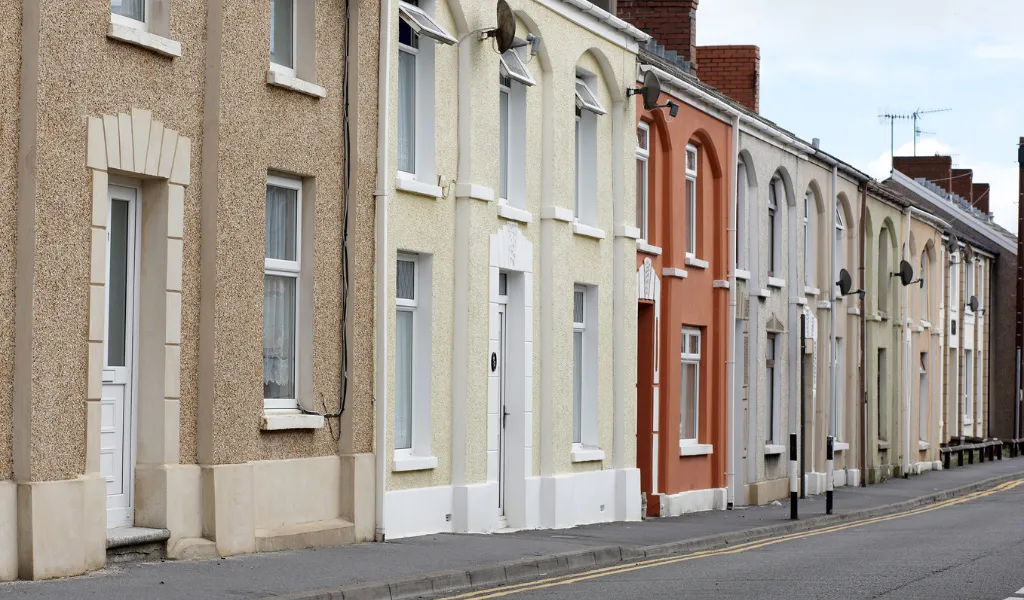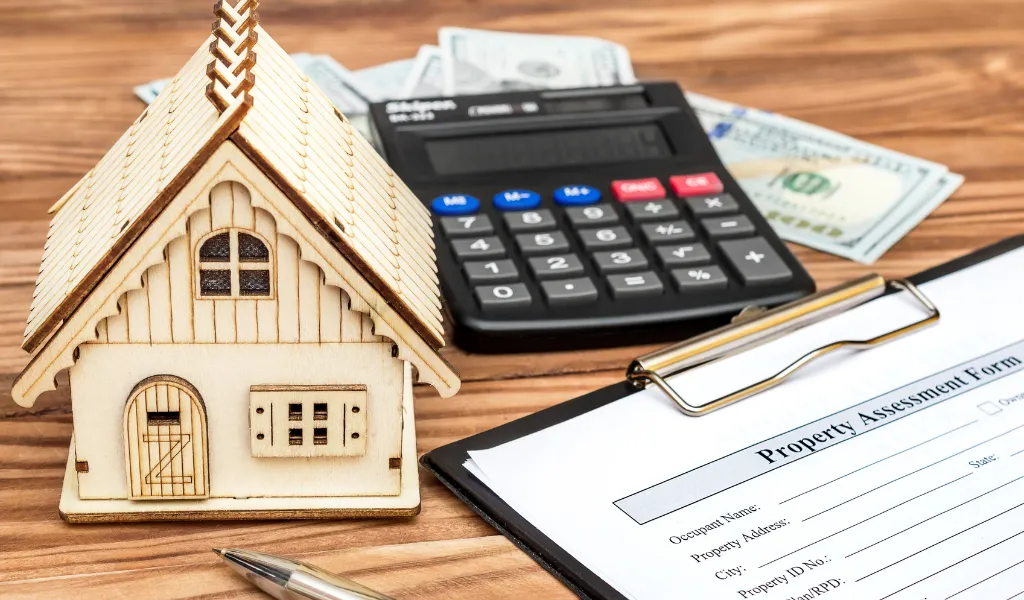There is a long list of things you must deal with after the tragic event of someone passing away. On the bottom of that list, resides obtaining a house valuation. Yet, you need to face it sooner or later. Understandably, it is overwhelming. That is why this guide covers house valuation for probate in the UK. It will help ease the process for you.
Let’s discuss the most important questions that come to your mind when such a situation arises.
Definition of Property Valuation for Probate
First, let’s talk about what property valuation for probate means. It is the value of the deceased person’s property at the time of their passing. To specify, it is the amount the property is going to sell for when you place it on the market.
What is the Purpose of Property Valuation for Probate?
Why is property valuation of property important? Well, the assets cannot distribute until you know the value of the estate. This applies when a property is part of the estate. In such a scenario, it is essential to find out if any inheritance tax applies on the deceased’s estate.
Now, how do you figure that out? The personal representatives will work out the value of the assets of the estate. They are the ones who administer the estate. Therefore, it is necessary for them to do so.

Valuing the Estate for Inheritance Tax in the UK
To establish if any inheritance tax is applicable, the entire estate of the deceased requires valuing. This includes property, possession, and money. Which boils down to everything the individual possessed. Yes, this includes debts as well.
The valuation process takes place in steps. In the initial step involves establishing what is part of the estate. After which the value of each asset or debt at the time of passing is determined. This information helps form a basis for the estimated value of the estate. From there, they can get the amount of inheritance tax that is due.
House Valuation for Probate in the UK and HMRC
It can take month for the valuation of the estate for probate to take place. It depends on the complications of the estate and its size. You cannot sell the probate property until there is an issuance of Grant of Probate. Or Letters of Administration. Both these documents give the legal right to handle the estate to the personal representatives. Of course, this includes the sale of the property.
Nevertheless, the issuance of either of these documents is not possible until you pay IHT. A problem may arise in this situation. The property probate holds the money to pay IHT. It is usually the most asset in the estate. Therefore, it is best to seek professional help.
In rare cases, you may need to provide HMRC with all the details of the estate, even if you do not owe IHT. If you are unsure if tax is due or not, then it is best to reach out to a specialist probate solicitor. They will guide you.
What Happens if the House Sells for More Than the Estimated Value?
In case the property ends up selling for more than the estimated probate property value, then you will owe more inheritance tax. HMRC will increase it.
Furthermore, you may also have to pay Capital Gains Tax on the increase of the value. This is between the period the person passed away and when the house sells off.
What If the Property Sells for Less Than the Estimated Value?
On the other hand, if the house ends up selling for less than the probate value, they you may get a refund. Yes, HMRC will refund a part of the inheritance tax in such a case. Although, there are certain conditions for it. You must sell the property off within four years of the person passing away. Additionally, you should reach out to a probate solicitor. They will help you with claiming a refund.
Who Will Carry Out the Valuation of the Property?
If you wish to avoid any complications with HMRC, then it is best to get a correct property valuation for a probate property. Undoubtedly, the process is complicated. With carefulness and precision, personal representatives must complete the valuations. In case the information is inaccurate, and this results in you under paying tax, then HMRC may impose penalties.
Following are the people responsible for carrying out the house valuation for probate in the UK:
Red Book Valuation (RICS Property Surveyor)
As per recommendation, you should consider going for the Red Book Valuation. In this process, a professional member of the Royal Institute of Chartered Surveyors (RICS) carries out the valuation of your property for probate. This is the most accurate form of valuation.
According to extensive research, using a RICS property surveyor is ideal in case the estate goes above the threshold of IHT, or is it near to it? If there is a dispute regarding the valuation on the tax forms, you can refer HMRC to the surveyor. Through this method, you can reduce one of the many risks of the role of an executor or administrator. The drawback is that it is an expensive process.
Estate agent
If you use an estate agent, then this is free of any charges. Established on current market values, your local estate agent can provide an estate valuation. If you want to obtain an accurate valuation, then it’s ideal to get three different valuations from different estate agents. You can provide the average of these three valuations to HMRC.

Factors That Affect the Valuation of Property
Plenty of factors come into play in the process of property valuation for probate, such as the following:
Location and size: People value the amount of space available for use in a home. They count the number of bedrooms and bathrooms for them and their family. Therefore, it is one of the most important factors that affect house valuation for probate in the UK. Many buyers prioritise location over the house itself. That is why a home in a desirable location has more value.
Any unique features: Any feature that makes the house stand out can add value to the property. People are willing to pay more for its uniqueness. For example, an annexe in the garden or a large swimming pool.
The property’s condition: There is a positive impact if the property is in good condition and well-maintained. Along with the inside of the home, the outside also matters. For example, kerb appeal adds value to the property. Furthermore, potential to extend or improve the house is also a plus point. If buyers can extend, then they can add value if they want to.
Nearby properties: The properties in the neighbourhood also matter. If they are in good order, then that will elevate and maintain the prices of the entire area.
Is House Valuation for Probate in the UK a Long Process?
The length of the estate valuation process depends on the path you decide to take. For example, it is quicker through an estate agent than through a surveyor. Then again, even a surveyor’s time varies according to the firm you reach out to and their workload.
The bigger problem at hand is the estate valuation. If the estate in question has an abundance of intricacies, then it can take long. This can catch people out. You don’t need to provide valuations to HMRC right away, but there are time limits in certain cases.
What is the Timeline for Estate Valuation?
You should complete and return the inheritance tax forms to HRMC within one year.
By the end of the sixth month of the person’s passing, you must start paying tax. You can pay before reaching a final valuation.
Is it Possible to Value Personal Possessions for Probate?
In most cases, the items of the house do not have cash value but rather hold sentimental value for the owners. Under the circumstance that there are items with value, then a price tag on them is necessary. There are various ways to do so.
One of the most common ways is through conducting research by yourself. Remember, the internet is your pal in this scenario. All you need to do is search for items like yours and check their current value.
It is important to note that you cannot value them as new. You need to consider their current condition. Also, factor in age into your estimations. For that, you can use online auction sites. They are very helpful. Therefore, it is important to understand house valuation for probate in the UK.
Conclusion
Whenever a situation arises where a property is in the process of probate, then it is best to seek professional advice. Especially if the property in question goes above the inheritance tax threshold or even near it. It is a complicated matter and in case of mistakes, the personal representatives are liable. So, make sure to provide HMRC with an accurate valuation of the estate.


